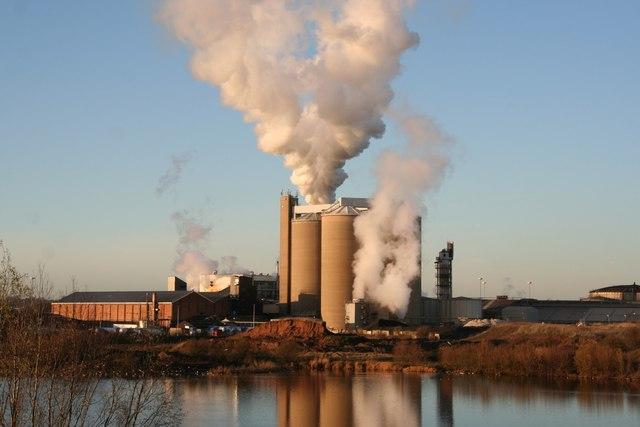Wisconsin Attorney General Brad Schimel recently expressed his discontent with President Barack Obama’s Clean Power Plan, making its future in the state uncertain.
The Clean Power Plan, introduced by the Environmental Protection Agency and Obama in 2015, establishes federal limits on carbon emissions across the country, University of Wisconsin geography professor Ian Baird said.
The EPA has allowed each state the opportunity to adapt the plan to its individual needs, Baird said. If states choose not to do so, Baird said they will have a generic, “cookie cutter” plan imposed on them.
“If Wisconsin was to embrace this [Clean Power Plan] and come up with their own plan there would be a lot of flexibility possible, which would allow Wisconsin to develop in such ways that it would maximize benefits and reduce the potential problems that the plan might cause,” Baird said.
The emission limits the EPA set must be met by 2030, Baird said. But not all states want to implement the plan.
In November 2015, 24 states, including Wisconsin, filed a suit against the federal government to remove the plan altogether, Schimel said in a statement. The 24 states involved are “disappointed” with this initial decision, but are hopeful it will change, he said.
Each state is required to submit their plans by next September, or they could request an extension for up to two years, Schimel said. As a result, there is very little time left for Wisconsin to decide whether or not to implement Clean Power Plan.
“We are pleased that while the court did not grant the injunction, it did recognize that there is much at stake and agreed to expedite proceedings in the ongoing litigation,” Schimel said.
Baird said Wisconsin imports $14 billion worth of coal for power plants, which are the largest source of carbon emissions nationally. The plan will make Wisconsin more energy efficient by gradually moving toward energy sources with fewer carbon emissions, such as natural gas, which he said was a realistic goal for the state.
But according to a statement from the John K. MacIver Institute, the plan will make things more expensive in Wisconsin as it will force Wisconsin’s utilities to close coal-fired plants or adopt strategies such as carbon capture and storage.
Brett Healy, John K. MacIver Institute for Public Policy president, said the Clean Power Plan raises consumer electricity costs and will have other economic consequences.
“The CPP is going to have a traumatic impact on the nation’s economy and more importantly, it is going to hurt many consumers across the county in the pocketbook,” Healy said.
By 2030, households in Wisconsin will be expected to pay an additional $225 a year and an additional $105,094 for the average industrial rate-payer, which include factories and large business that manufacture products, according to the John K. MacIver Institute statement. The statement also reported there will be a projected loss of 20,000 jobs.
But Tom Eggert, senior lecturer at the Nelson Institute for Environmental Studies and executive director of Wisconsin Sustainable Business Council, said he believes the plan will not cause a loss of jobs in Wisconsin.
One of Wisconsin’s main industries is manufacturing, Eggert said. As the demand for clean technology like wind turbines, solar panels and digesters for farms rises, so will the demand for work, Eggert said.
“I think all of the studies that I have seen suggest that there, by far, will be more jobs created than lost as a result of this,” Eggert said.
Healy, however, said the plan should be halted until the courts reconsider the issue.
Cutting down on carbon emissions would reduce pollution, which can be beneficial to human health, Baird said. Accusing the Clean Power Plan of costing jobs and increasing rate-payer rates were “scare tactics,” he said.
The plan, Baird said, would lead to more savings in the long run because it will allow Wisconsin to invest in more modern and efficient technology and energy sources.
Eggert said the plan is not an efficient way to deal with carbon emissions and suggested a carbon tax or a cap and trade program would be better. But he conceded the Clean Power Plan is the only way to deal with the carbon emission problem right now.
“It is, however, I think the only vehicle available to work on this issue of increasing carbon dioxide concentrations,” Eggert said.

















